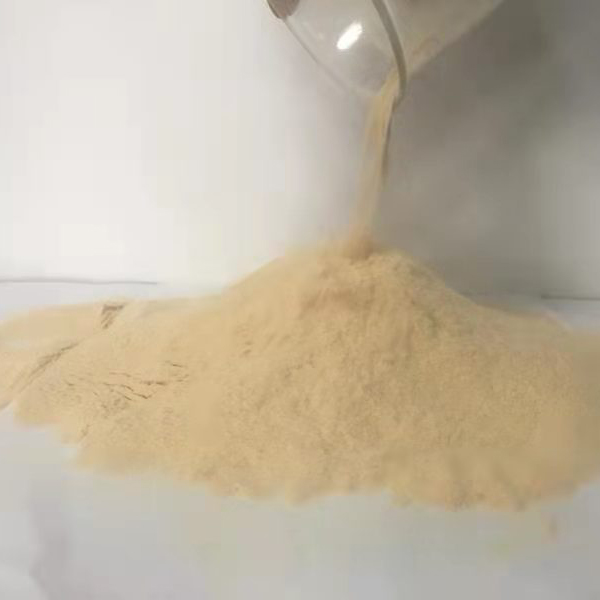
News
Νοέ . 24, 2024 15:34 Back to list
EDTA Chelating Agents Leading Manufacturers and Their Innovative Solutions for Various Applications
The Role of EDTA Chelators in Modern Industry
EDTA, or ethylenediaminetetraacetic acid, is a powerful chelating agent widely used in various industrial applications. Its ability to bind with metal ions makes it an invaluable tool for manufacturers, particularly in the fields of pharmaceuticals, agriculture, food processing, and environmental remediation. This article explores the significance of EDTA chelators, the manufacturers behind them, and the diverse applications that highlight their importance.
Understanding EDTA
EDTA was first synthesized in the 1930s and has since gained prominence for its ability to form stable complexes with various metal ions, including calcium, magnesium, lead, and mercury. The structure of EDTA contains four carboxylic acid groups and two amine groups, enabling it to effectively sequester metal ions in solution. This property is particularly essential in processes where metal ions can catalyze unwanted reactions or when their presence needs to be controlled for safety and efficacy.
Applications of EDTA Chelators
1. Pharmaceutical Industry In the pharmaceutical sector, EDTA is used to enhance the stability of drug formulations by preventing the metal-catalyzed degradation of active pharmaceutical ingredients (APIs). EDTA also assists in the detoxification of metal ions during chelation therapy for patients with heavy metal poisoning.
2. Agriculture EDTA plays a crucial role in agriculture as a micronutrient chelator, improving the bioavailability of essential minerals for plants. By binding to metals such as iron, copper, and zinc, EDTA facilitates their uptake by plant roots, promoting growth and productivity. This is particularly useful in alkaline soils where these nutrients are often unavailable.
3. Food Processing In the food industry, EDTA is utilized as a preservative and antioxidant, helping to maintain the quality and safety of food products. It protects against metal-induced spoilage and color degradation, ensuring that foods remain appealing to consumers.
4. Environmental Remediation EDTA is also employed in the field of environmental science for soil and water remediation. As a chelator, it can mobilize heavy metals from contaminated sites, allowing for their removal and treatment. This application is critical for restoring polluted environments and ensuring public health.
edta chelator manufacturer

Manufacturing of EDTA Chelators
The demand for EDTA and its derivatives has led to the emergence of specialized manufacturers dedicated to producing high-quality chelators. These manufacturers invest in research and development to improve the efficiency and effectiveness of their products, ensuring they meet industry standards and regulatory requirements.
Leading EDTA manufacturing companies focus on several key areas
1. Quality Control Ensuring the purity and consistency of EDTA is paramount for manufacturers. Rigorous testing processes and adherence to strict quality standards guarantee that the final product is safe and effective for its intended use.
2. Sustainability As environmental concerns become increasingly important, many manufacturers are exploring sustainable production methods for EDTA. This includes sourcing raw materials responsibly and minimizing waste during the manufacturing process.
3. Customization Different industries may require specific formulations of EDTA tailored to their applications. Forward-thinking manufacturers offer customizable solutions, adapting the chemical composition of their chelators to meet unique client needs.
4. Research and Innovation Ongoing research into new applications and formulations is crucial for staying competitive within the market. Many manufacturers collaborate with academic institutions and industry experts to develop innovative products that push the boundaries of traditional chelation chemistry.
Conclusion
EDTA chelators are indispensable in a variety of industries, from healthcare to agriculture and environmental management. The manufacturers of these vital compounds play a crucial role in ensuring that their products are safe, effective, and produced sustainably. As research continues to unveil new applications for EDTA, the significance of these chelators in modern industry will only grow, solidifying their position as key players in global economic and environmental efforts.
-
Polyaspartic Acid Salts in Agricultural Fertilizers: A Sustainable Solution
NewsJul.21,2025
-
OEM Chelating Agent Preservative Supplier & Manufacturer High-Quality Customized Solutions
NewsJul.08,2025
-
OEM Potassium Chelating Agent Manufacturer - Custom Potassium Oxalate & Citrate Solutions
NewsJul.08,2025
-
OEM Pentasodium DTPA Chelating Agent Supplier & Manufacturer High Purity & Cost-Effective Solutions
NewsJul.08,2025
-
High-Efficiency Chelated Trace Elements Fertilizer Bulk Supplier & Manufacturer Quotes
NewsJul.07,2025
-
High Quality K Formation for a Chelating Agent – Reliable Manufacturer & Supplier
NewsJul.07,2025
